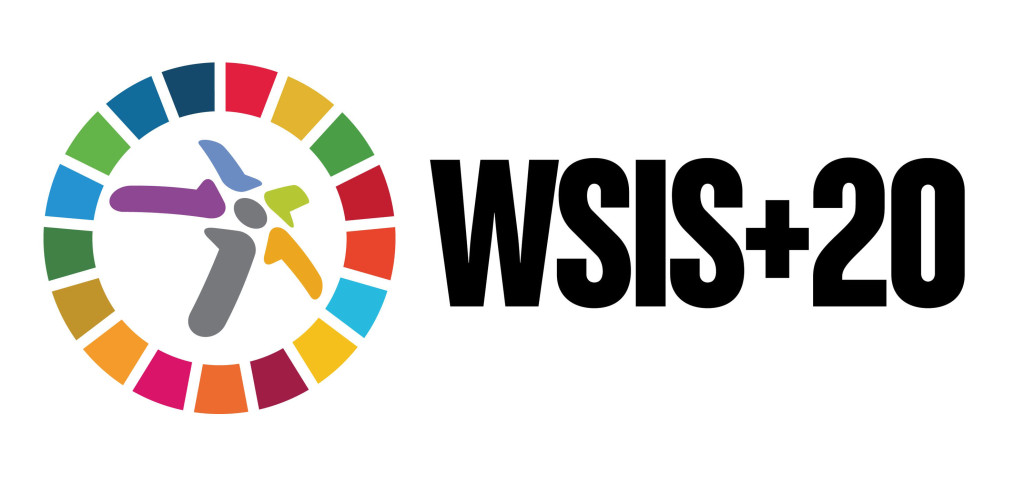Civil-society coalitions issue summary statement stressing human rights at core of WSIS+20 process
The coalitions call for governments to retain explicit language referencing international human rights treaties and principles, including Article 19 on freedom of expression and gender equality commitments, in the WSIS+20 document.

Two global civil society coalitions – the Global Digital Rights Coalition for WSIS and the Global Digital Justice Forum- have released a summary statement underscoring the centrality of human rights in achieving the WSIS vision of an inclusive and people-centred information society. The statement comes ahead of continued negotiations on the WSIS+20 outcome document, which will guide international digital-policy priorities for the next phase of the World Summit on the Information Society process.
The organisations emphasise that international human-rights standards must remain a foundational reference point for global digital governance. They note that the Zero Draft already anchors WSIS commitments in international law, and argue that this position should not be weakened in future revisions. According to the joint statement, respecting, protecting, and promoting civil, political, social, economic, and cultural rights is essential to ensuring that digital transformation advances development and democratic participation.
Key asks for WSIS+20 outcome
The coalitions call for governments to retain explicit language referencing international human rights treaties and principles, including Article 19 on freedom of expression and gender equality commitments, in the WSIS+20 document. They also propose strengthening the draft by:
- requiring states to refrain from deploying digital technologies that violate human-rights standards
- encouraging national laws mandating human-rights due diligence and impact assessments for technology companies
- integrating a UN human-rights-based approach across all WSIS action lines, including planning and monitoring
- embedding rights protections throughout the entire lifecycle of digital technologies, including AI and digital public infrastructure
- allocating resources for the UN human rights office to continue its work on mainstreaming rights within the WSIS framework.
The statement argues that a right-centred approach is essential for building an open, secure, and equitable digital environment, and for ensuring that technological innovation supports sustainable development rather than undermining it.
Broad international backing
The declaration is endorsed by a wide roster of organisations, including Access Now, APC, ARTICLE 19, Derechos Digitales, Global Partners Digital, Research ICT Africa, Oxfam, and WITNESS, among many others, alongside individual digital-rights experts and academics. joint-civil-society-coalitions-…
Context
WSIS+20 marks two decades since the original WSIS agreements, which established global principles for an inclusive information society. As governments and stakeholders negotiate updates, human rights language and governance approaches remain key areas of debate. Civil-society groups argue that the future digital order must be rooted in transparency, accountability, and universal rights protections to fulfill the original WSIS promise.


